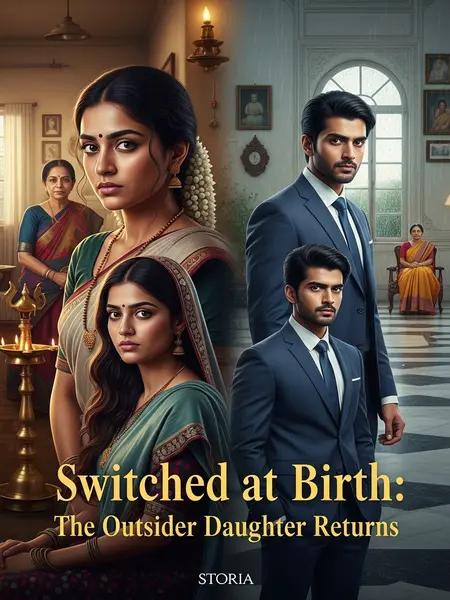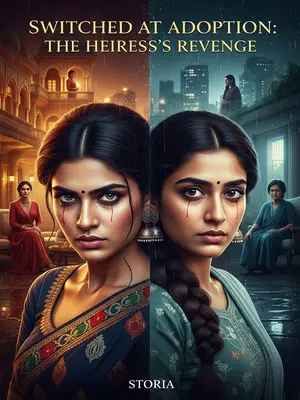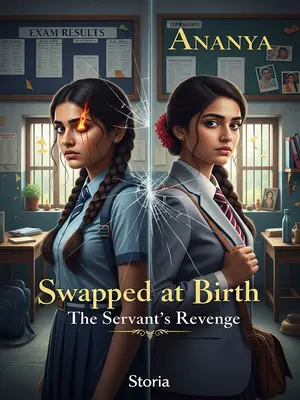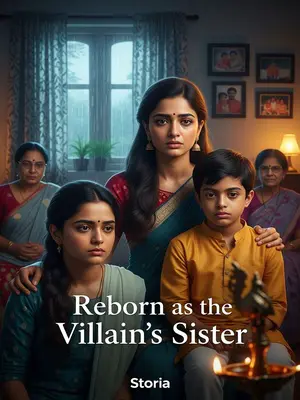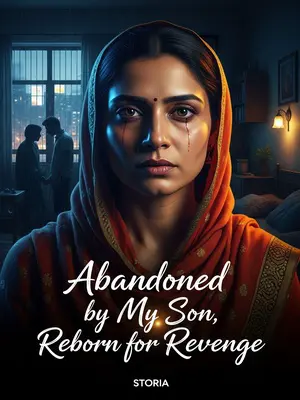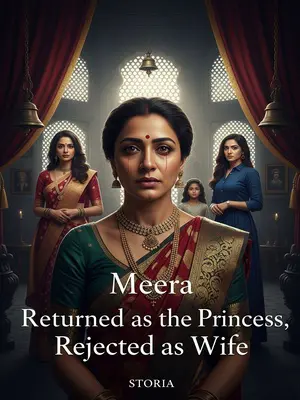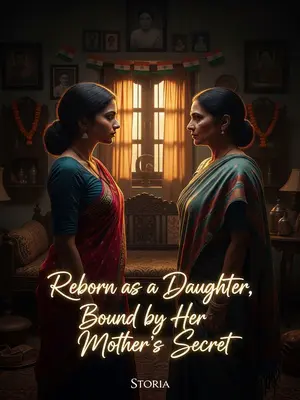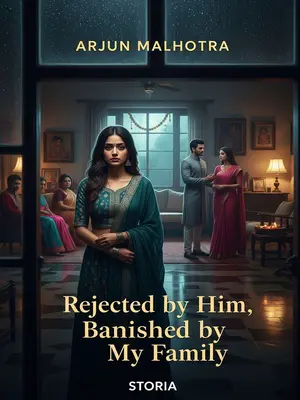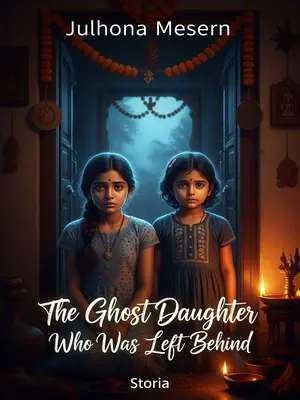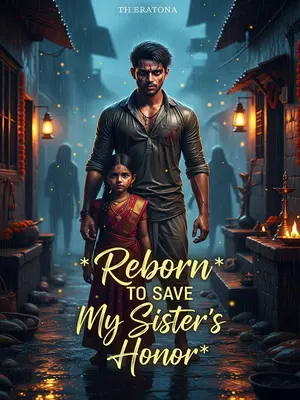Chapter 6: On the Road, and a Pause
Maa Mehra rushed out and grabbed my suitcase, her voice shrill with fear and reproach. She clung to the handle, her nails digging in, desperate to keep me—and her dignity—inside these gates.
"It’s so late, you have no one else. Where will you go? What’s wrong with you, is it worth it over such a small matter?"
Her words tumbled over themselves, the classic worried mother’s plea—resentful, but panicked.
I remembered the truth: Ananya’s biological mother was unmarried and pregnant. After I was switched, she left me at a kabadiwala’s door. Dadi picked me up and raised me among old newspapers, chai, and the clang of weighing scales. Her cracked voice always said, "Zindagi me himmat zaroori hai, beta."
Dadi died when I was in my first year of high school. The world got colder, but I survived. It was my badge of honour.
"It is worth it," I told them, calm. "I have no other relatives, and yes, I long for family—but I’m not foolish."
Since childhood, I collected junk with Dadi, supported myself from thirteen. I remembered pushing that rickety cycle, haggling with shopkeepers, neighbours staring. I learned to trust myself first.
Dadi taught me: "Beta, duniya ki bhi sun, par sabse pehle apni sun."
I repeated, "When children don’t get along, parents have lost their values."
You can favour the child you raised, but at least be fair.
But you haven’t. So things like today will keep happening. I’ll keep facing situations where I’m right, but still have to swallow my grievances.
You found me because my grades are excellent. The school waives my fees. I repair computers. I have over two lakh followers. I’m capable—I don’t need your support.
I came back because I hoped for a family, for home. But if there’s no place for me, no basic respect, why stay?
I yanked the suitcase free and walked away. The gravel crunched, the night air thick with raat ki rani. The gate creaked shut behind me.
No auto comes here, so I cycled out, Google Maps blinking on my old phone. The bell was rusty, but it was mine. I pedalled past manicured lawns, sleepy guards, and the distant hum of traffic.
A black Honda City blocked my path. Headlights blinded me. I braked hard, heart pounding. Only in India do family dramas chase you onto the street.
Papa Mehra and Arjun got out, tired and dishevelled, worry etched deep. For the first time, they looked less like parents, more like people—uncertain, a little lost.
Papa Mehra stood before me, then sighed. "Arjun, apologise to your sister."
His words cut the night. For the first time, I wondered if this family was ready to fight for me, or just fighting because of me.
